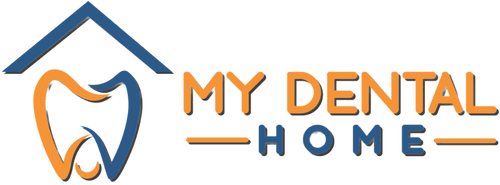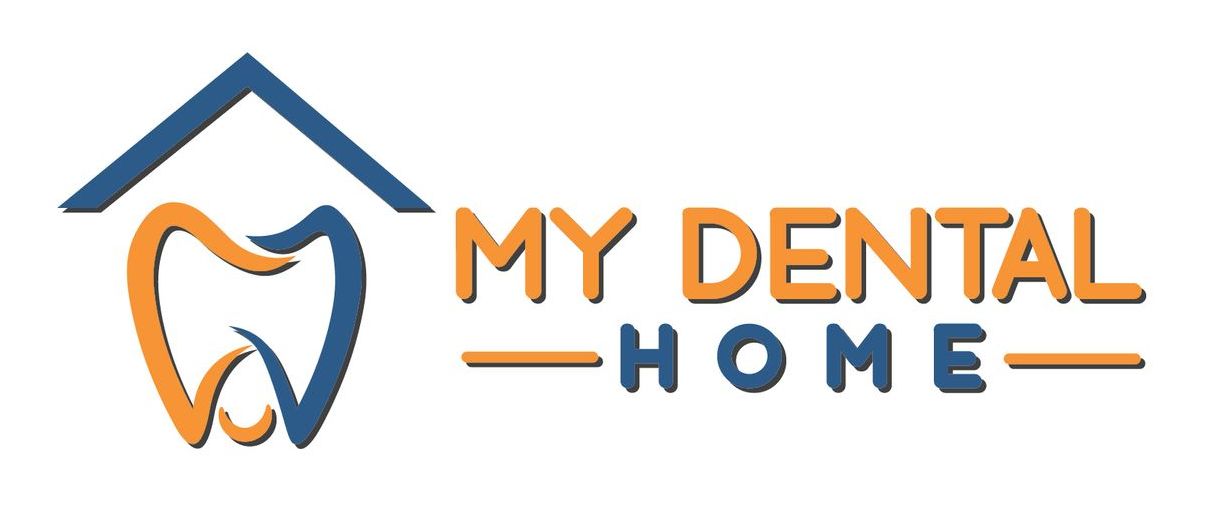Understanding the Causes and Treatment Options for TMJ Disorders
The temporomandibular joint (TMJ) is a crucial component of your jaw that connects your lower jaw to your skull, enabling essential functions such as chewing, speaking, and yawning. However, TMJ disorders can cause pain and discomfort, impacting daily life and overall well-being. My Dental Home in Swartz Creek, Michigan, offers comprehensive evaluation and treatment for patients suffering from TMJ disorders, providing relief from pain and maximizing jaw function. In this article, we will delve into the possible causes and symptoms of TMJ disorders, discuss various treatment options available, and demonstrate how our experienced team at My Dental Home can help you alleviate TMJ-related pain and discomfort.
TMJ disorders encompass various conditions affecting the proper function and alignment of the temporomandibular joint. Common symptoms of TMJ disorders include jaw pain, clicking or popping sounds when opening or closing the mouth, limited jaw movement, and headaches or neck pain. TMJ disorders can develop from various factors, including but not limited to jaw injuries, excessive teeth grinding or clenching (bruxism), arthritis, and misaligned teeth or bite issues. Identifying the root cause of a TMJ disorder is key to developing an effective and personalized treatment plan.
Causes and Symptoms of TMJ Disorders
TMJ disorders can develop from various factors that affect the proper function and alignment of the temporomandibular joint.
Some common causes of TMJ disorders include:
Jaw Injuries
Trauma to the face or jaw, such as a direct blow or whiplash, can result in TMJ disorders.
Excessive Teeth Grinding or Clenching (Bruxism)
Repeated grinding or clenching of the teeth places excessive pressure on the jaw joint, potentially leading to TMJ issues over time.
Arthritis
Inflammatory joint conditions, such as osteoarthritis or rheumatoid arthritis, can lead to deterioration of the TMJ and surrounding structures.
Misaligned Teeth or Bite Issues
If your teeth do not fit together properly when biting down, this can place unnecessary stress on the TMJ, potentially resulting in a disorder.
Symptoms of TMJ disorders can vary in severity and frequency but often include:
Jaw Pain
Persistent or intermittent pain in the jaw joint and surrounding muscles is a common symptom of TMJ disorders.
Clicking or Popping Sounds
Many patients with TMJ issues experience clicking or popping sounds when opening or closing their mouth, which may be accompanied by pain or discomfort.
Limited Jaw Movement
TMJ disorders can result in limited jaw movement, making it difficult to fully open or close the mouth.
Headaches or Neck Pain
Chronic headaches or neck pain can be a symptom of TMJ disorders, caused by tension and stress in the jaw muscles.
Diagnosing TMJ Disorders
To effectively diagnose and treat TMJ disorders, our team at My Dental Home will conduct a comprehensive evaluation of your oral structures. This process may include:
Medical and Dental History Review
We will take the time to understand your medical and dental history, as well as gather information about your symptoms and their onset.
Physical Examination
During the physical examination, your dentist will assess the function, alignment, and mobility of your jaw joint by palpating the area and observing your jaw movement during various activities, such as biting, yawning, or speaking.
Imaging Studies
In some cases, dental X-rays, magnetic resonance imaging (MRI), or computed tomography (CT) scans may be recommended to further evaluate the underlying structures of the temporomandibular joint and identify potential causes of your TMJ disorder.
Treatment Options for TMJ Disorders
Various treatment options are available to effectively address TMJ pain and discomfort, ranging from conservative approaches to more invasive interventions. Common treatments for TMJ disorders include:
At-Home Remedies
In some cases, TMJ pain and discomfort can be managed with simple at-home remedies, such as applying ice packs, practicing relaxation techniques, and avoiding hard or chewy foods that strain the jaw joint.
Medications
Anti-inflammatory medications, muscle relaxants, or pain relievers may be prescribed to help alleviate TMJ-related symptoms.
Dental Appliances
Custom-made dental devices, such as night guards or bite splints, can minimize the effects of teeth grinding or clenching and improve jaw alignment.
Physical Therapy
A physical therapist can provide targeted exercises and stretches to improve jaw mobility, muscle strength, and overall function.
Dental Treatments
In some cases, addressing underlying dental issues, such as misaligned teeth or bite problems, can alleviate TMJ-related symptoms. This may involve orthodontic treatment, dental crowns, bridges, or implants.
Surgical Interventions
In rare instances where conservative treatments are insufficient, surgical procedures may be necessary to address severe TMJ disorders.
How My Dental Home Can Help Alleviate TMJ Pain
Our team of dental professionals at My Dental Home is committed to helping you find relief from TMJ-related pain and discomfort. By conducting a thorough evaluation, diagnosing the cause of your TMJ disorder, and developing a personalized treatment plan, we aim to help you regain optimal function and comfort in your jaw.
Conclusion
TMJ disorders can significantly impact your daily life and overall well-being. By understanding the causes and symptoms of these disorders and working with the experienced
dental professionals at My Dental Home in Swartz Creek, Michigan, you can effectively manage your TMJ-related pain and discomfort.
Contact our clinic today to schedule a consultation and start your journey towards a pain-free, healthy jaw.
Contact Us
Business Hours
- Monday
- Closed
- Tue, Fri
- -
- Wed - Thu
- -
- Sat - Sun
- Closed
Contact Us
Business Hours
- Monday
- Closed
- Tue, Fri
- -
- Wed - Thu
- -
- Sat - Sun
- Closed
All Rights Reserved | Energize Group

